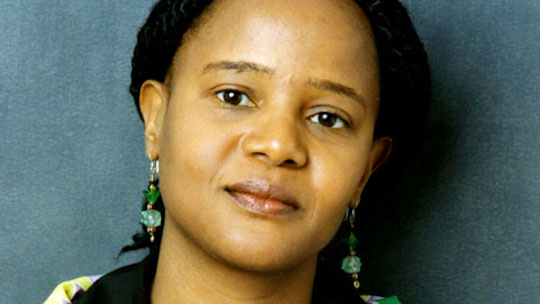Three superpowers this week compete for our attention with their respective updates in the realm of national literature. Our editors bring you news this week from the Beijing Literature Summit, the results of the Neustadt Prize in Oklahoma, and the continued fallout of the 2019 Booker Prize award in the UK. Read on to find out more!
Xiao Yue Shan, Assistant Blog Editor, reporting for China
“Beijing is the country’s literary mecca,” articles enthusiastically parroted this month as the nation’s capital held the 4th Beijing Literature Summit on October 18. Though the multifold of equally rich literary cities in this vast country could dissent, the summit and forum nevertheless overtook headlines as well-established members of the Beijing literati took the stage in the square at Zhengyangmen, the immediate heart of the city. Attendees included preeminent novelists Liang Xiaosheng 梁晓声 and Liu Qingbang 刘庆邦, and the poet Yang Qingxiang 杨庆祥 (a leader of “new scar poetry”), as well as an assembly of Beijing’s foremost scholars, critics, and publishers.
The talks concentrated around three predominant themes: the past, present, and future of Beijing literature. Throughout the seventy years of the People’s Republic of China, literary culture in Beijing remained at the forefront of the country’s social and cultural reality, thereby receiving the most immediate impact from the tumultuous chronology of the country as a whole. In discussing the tremendous weight of history, Liang stated that the past is not overbearing but exists in a continuous exchange with the present. The question is, he said: “How should we use the text to state it?”





